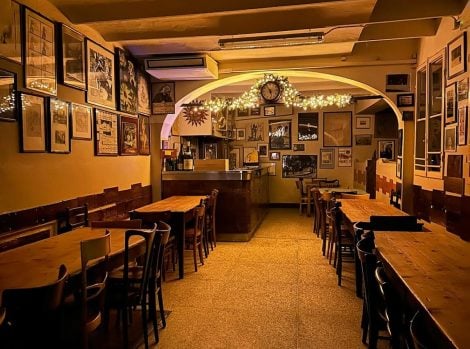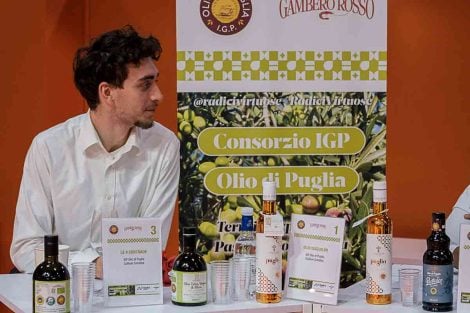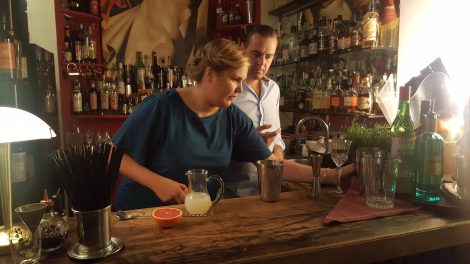When the Augustinian monks decided to settle on the hill of Santa Caterina in 1068, beginning the construction of the Abbey of Rosazzo (near Udine), they were well aware of the area's excellent agricultural potential. This place, later handed over to the Benedictines and then the Dominicans, would play an important role both religiously and viticulturally for centuries to come. This journey culminated in 2011 when Rosazzo, previously a sub-zone of the Colli Orientali del Friuli DOC, became a DOCG, producing some of the best wines in Friuli Venezia Giulia.
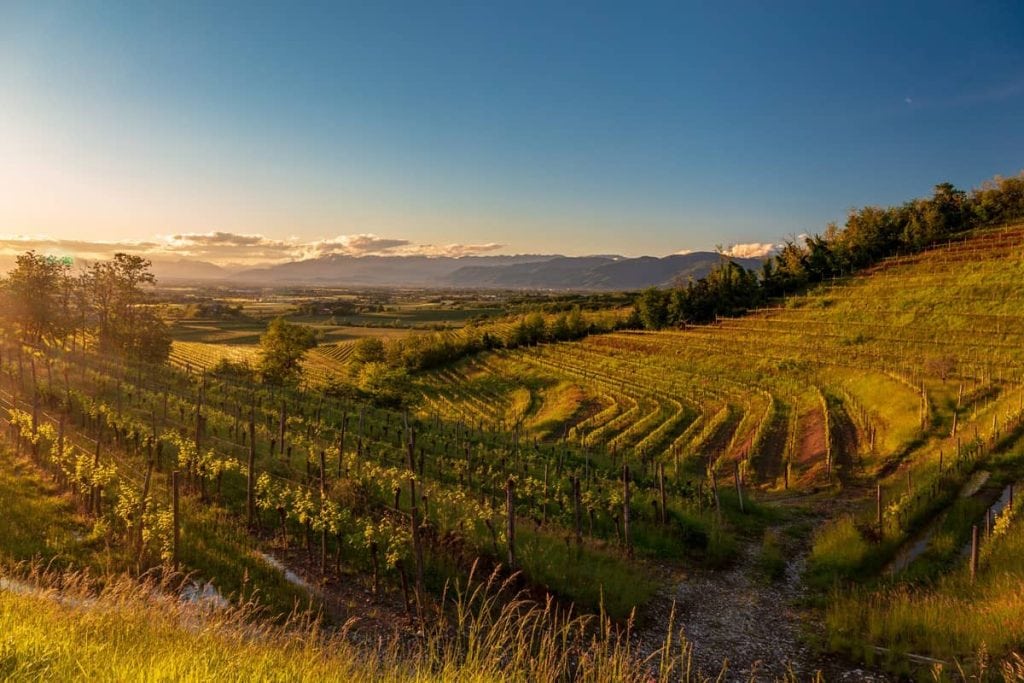
Rosazzo: the territory
When we talk about the Rosazzo DOCG, we refer to a small denomination in the hilly area between the municipalities of Manzano and San Giovanni al Natisone, with a small portion in the municipality of Corno di Rosazzo. The area is characterized by a unique soil composition locally called ponca. These are marl and sandstone rocks that give the soil a particular texture: they are very friable rocks that easily crumble, even under the action of weathering. The lack of compactness means that water easily erodes the soil surface, which is why the Rosazzo DOCG area has been heavily shaped by human action to enable viticulture that maintains soil stability. It's not uncommon to encounter terracing or contour farming in the area.
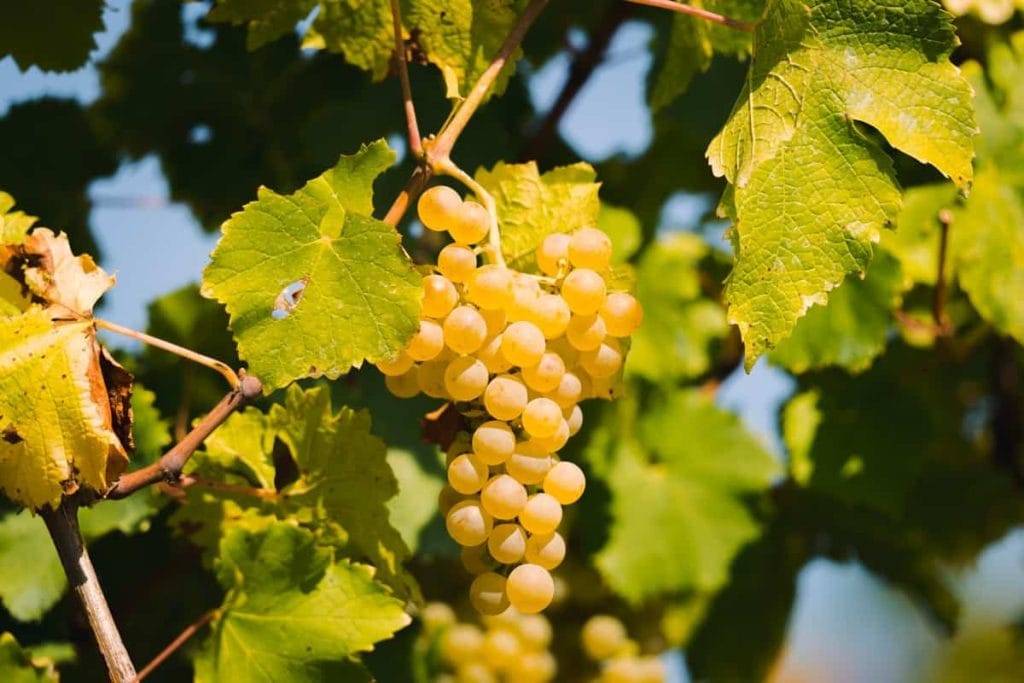
The Rosazzo Denomination and the wines produced
The Colli Orientali del Friuli denomination (now renamed Friuli Colli Orientali) was created in 1970, with Rosazzo listed as a sub-zone. Due to the area's historical and geopedological peculiarities, it was decided in 2011 to separate it from the denomination to create a DOCG. Rosazzo is a dry white wine that requires the use of several grape varieties: the main one is undoubtedly Tocai Friulano, which must be at least 50%; Sauvignon, Pinot Bianco, and/or Chardonnay can be present in percentages ranging from 20 to 30%. Ribolla Gialla can constitute no more than 10%.
The best Rosazzo DOCG Wines
The result is wines that shine with mineral expressiveness and a savory undertone, as seen in the list we propose, featuring the best Rosazzo DOCG wines rated in the 2024 Gambero Rosso Vini d’Italia guide with Tre Bicchieri, Due Bicchieri Rossi, and Due Bicchieri.
The Rosazzo Terre Alte '20, first produced in 1981, is a monument of regional oenology. Made with Friulano, Pinot Bianco, and Sauvignon, it has consistently been a star in the company's offering and an ambassador of the territory's potential. It rightfully reclaims our Tre Bicchieri, closely followed by Rosazzo Abbazia di Rosazzo '19.
In the 1950s, Livio Felluga founded his namesake company in Brazzano di Cormòns. Throughout his long life, he remained a reference point for all, and today the company, managed by his four children, boasts significant hill extensions in Collio and the Friuli Colli Orientali denomination, enriched by acquiring the vineyards and cellar of the Abbey of Rosazzo, a treasure of Friulian wine culture. Those hills, which Livio himself depicted on his labels, feature the famous map that stands out on the shelves of restaurants and wine shops worldwide.
The Rosazzo '19 from Ronchi di Manzano is one of the wines presented by this splendid company, entirely managed by women: Roberta Borghese and her young daughters, Lisa and Nicole. The Ronchi di Manzano are rich in history; centuries ago, they were chosen by the Trento counts to produce wines for the nobles of the Austro-Hungarian Empire. In 1984, the Borghese family acquired the property, entrusting it to the then very young Roberta, who quickly brought it to prominence. Most of the vineyards surround the winery, with others extending over the Rosazzo hills.
The Rosazzo Bianco Nojâr '20, which reached the final selections last year, is composed of selected Friulano, Sauvignon, Chardonnay, and Ribolla Gialla grapes. It offers elegant fruity nuances of annurca apple and apricot on the nose, accompanied by notes of caramel and vanilla, while in the mouth, it is enveloping and flavorful.
Giorgio Colutta's company, once better known as Bandut, is based in Manzano, with vineyards extending to the extreme south of the natural amphitheater formed by the gentle slopes of the Friuli Colli Orientali denomination. All operations, both in the vineyard and in the cellar, are carried out according to principles of compatibility and environmental sustainability. Particular attention is given to autochthonous grape varieties, especially those rediscovered and revalued, for which specific crus have been identified, representing the flagship of the company's activities.

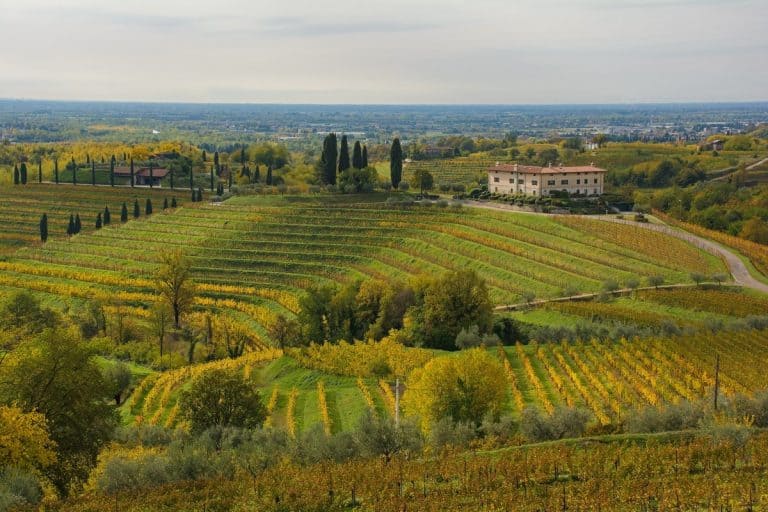
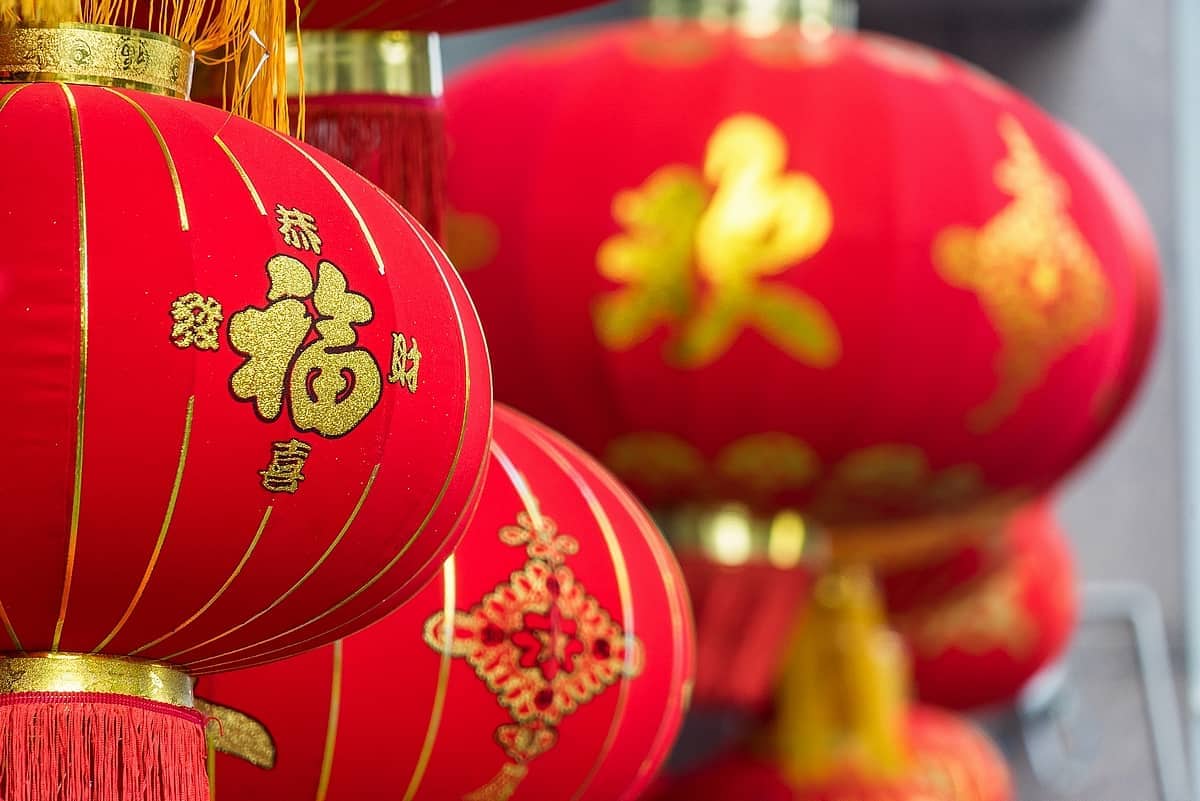 What changes for the export of Italian wines to China under the new regulations?
What changes for the export of Italian wines to China under the new regulations?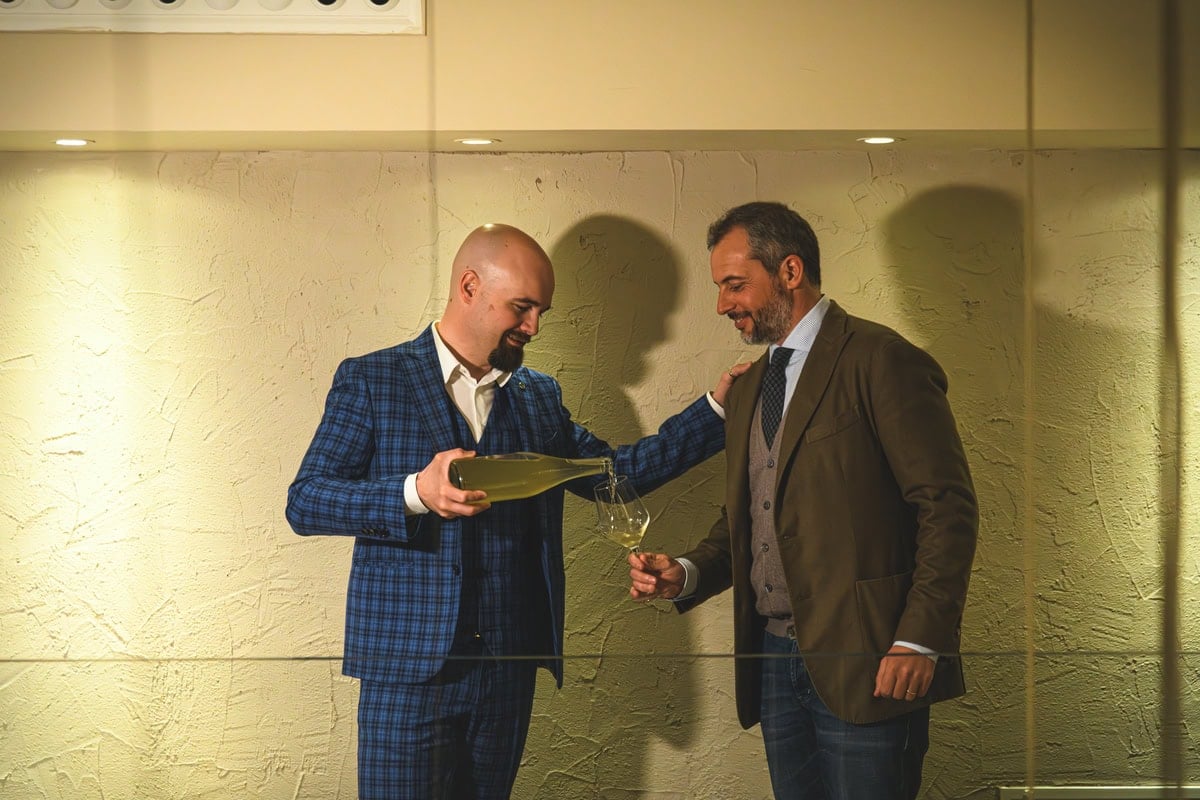 “Forget dealcoholised wines. The future is Komb(w)ine.” Moser and Ravizza present a new grape must-based product
“Forget dealcoholised wines. The future is Komb(w)ine.” Moser and Ravizza present a new grape must-based product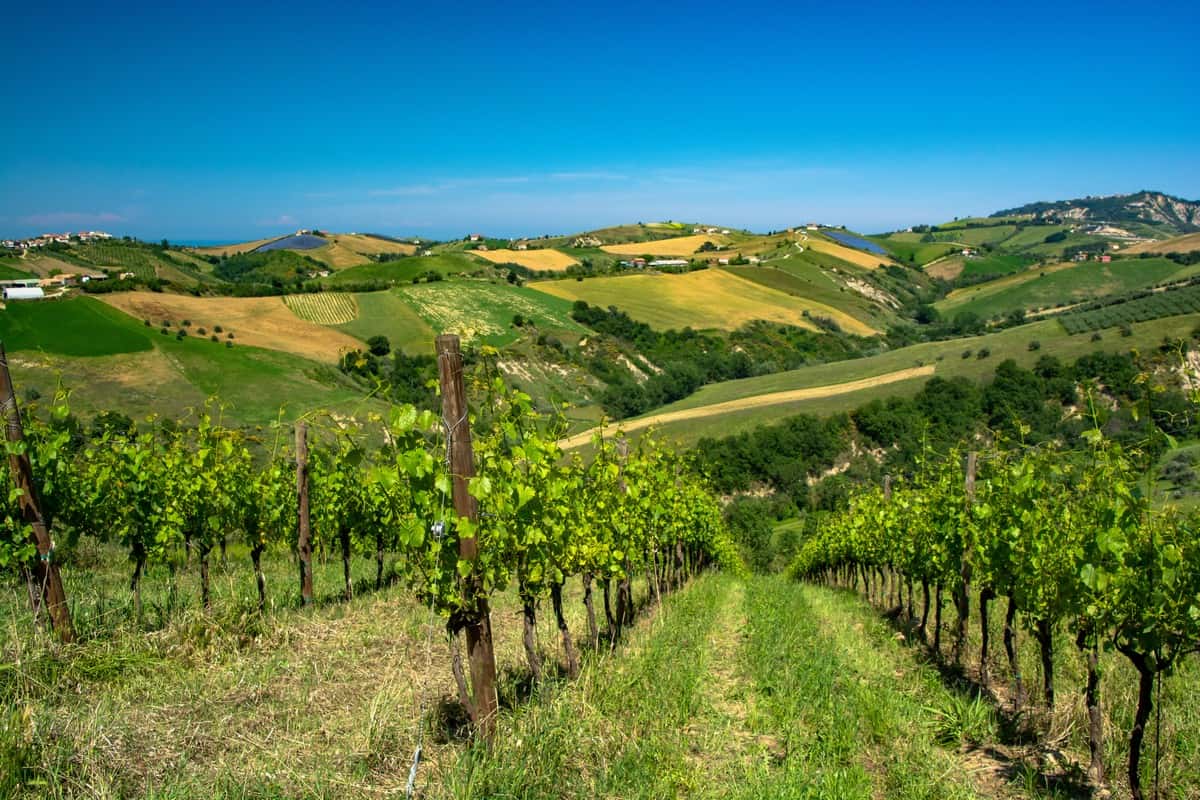 Global wine consumption at a historic low and vineyards in decline. The OIV report outlines a 2024 to forget
Global wine consumption at a historic low and vineyards in decline. The OIV report outlines a 2024 to forget Oenologist Riccardo Cotarella will also produce dealcoholised wine: "My first bottle will be out in October and it won’t be bad"
Oenologist Riccardo Cotarella will also produce dealcoholised wine: "My first bottle will be out in October and it won’t be bad" Dear natural wine world, enough with the constant polemics. If you don’t want to self-ghettoise, self-criticism is needed
Dear natural wine world, enough with the constant polemics. If you don’t want to self-ghettoise, self-criticism is needed